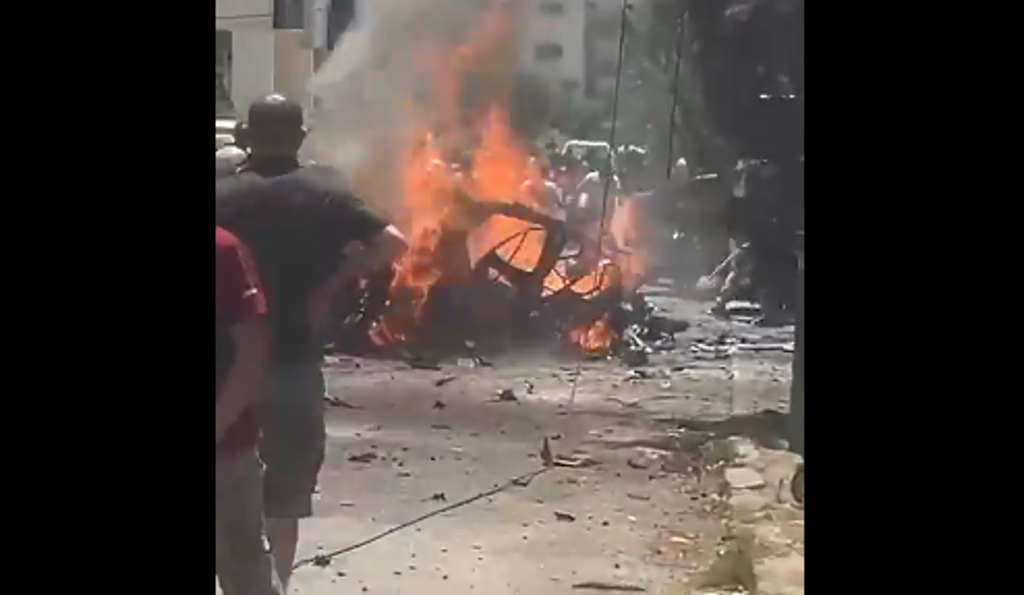A senior field commander of the Lebanese terrorist group Hezbollah was killed in an Israeli strike on Wednesday near the southern Lebanese city of Tyre, according to two security sources who spoke to Reuters. The commander, identified as Abu Ali Nasser, was responsible for overseeing a significant portion of Hezbollah’s operations along the border with Israel.

Abu Ali Nasser, who led the Aziz unit on Hezbollah’s southern front, is considered one of the most senior commanders in the organization to be killed since the outbreak of hostilities between Hezbollah and Israel in October, which coincided with the Gaza War. His rank and importance within Hezbollah are reportedly comparable to that of Taleb Abdallah, another senior commander who was killed in an Israeli strike in June.

The sources indicated that Nasser played a crucial role in coordinating Hezbollah’s activities along the border frontier, where the group has been engaged in regular exchanges of fire with the Israel Defense Forces (IDF) for the past eight months. This ongoing conflict has run parallel to the broader Gaza War, significantly increasing tensions in the region.

The killing of such a high-ranking commander raises concerns about potential retaliation from Hezbollah. Following the death of Taleb Abdallah in June, Hezbollah responded with its largest barrage of drones and rockets to date. As of now, there has been no immediate comment from Hezbollah regarding Nasser’s death.
This latest development underscores the volatile nature of the Israel-Lebanon border and the potential for further escalation in the conflict. The targeting of senior commanders suggests an intensification of Israel’s efforts to disrupt Hezbollah’s operational capabilities along its northern border.

As the situation continues to evolve, regional observers and international stakeholders will be closely monitoring Hezbollah’s response and any potential impact on the broader Middle Eastern geopolitical landscape. The coming days may prove critical in determining whether this incident leads to a significant escalation or if diplomatic efforts can prevent further intensification of the conflict.



